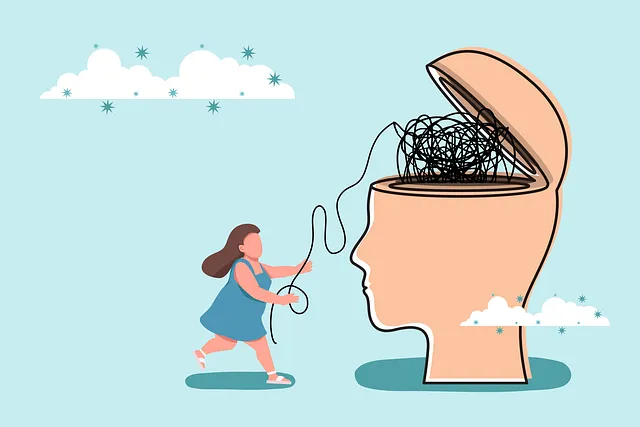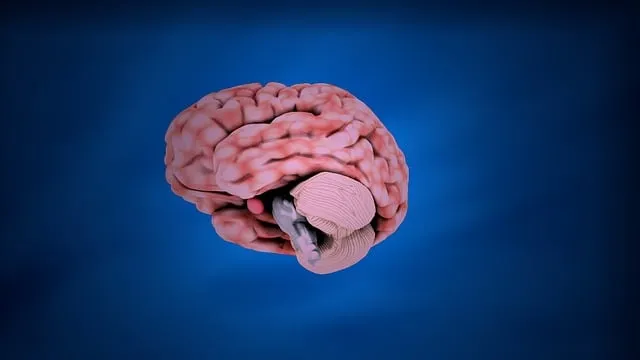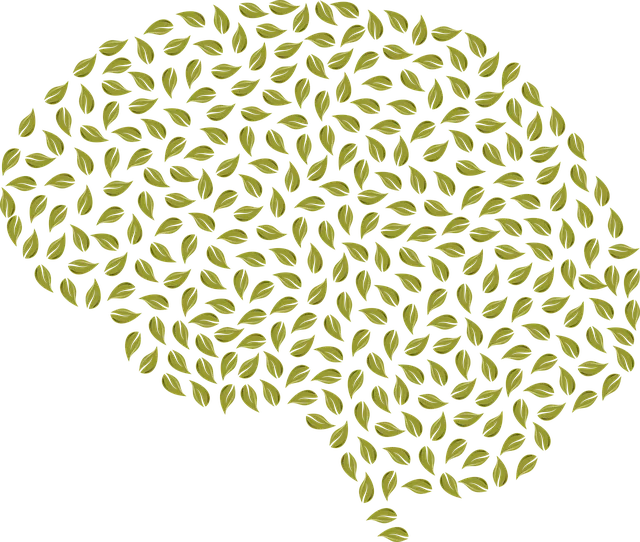The Aurora Kaiser Permanente behavioral health center offers specialized CIT training, focusing on mental health awareness, de-escalation, and trauma-informed care to equip professionals in managing severe crises. Their holistic approach combines skill development with stress management promotion, fostering empathy and effective crisis resolution. The program's success lies in rigorous evaluation, ensuring knowledge retention and improved patient outcomes, ultimately enhancing the center's role as a leading mental health intervention hub.
“Crisis intervention teams (CITs) play a vital role in promoting mental health and saving lives. This article explores comprehensive CIT training programs, focusing on the successful model implemented by the Aurora Kaiser Permanente Behavioral Health Center. We delve into key skills essential for effective CITs, including communication, de-escalation, and crisis management. Additionally, we discuss strategies for implementing and evaluating CIT training to ensure its impact. By understanding these aspects, organizations can enhance their support systems and foster healthier communities.”
- Understanding Crisis Intervention Team (CIT) Training
- Aurora Kaiser Permanente: Behavioral Health Center's Role
- Essential Skills for Effective CIT Programs
- Implementing and Evaluating CIT Training Effectiveness
Understanding Crisis Intervention Team (CIT) Training

Crisis Intervention Team (CIT) training programs are designed to equip healthcare professionals and first responders with the skills needed to assist individuals facing severe mental health crises. These comprehensive courses, offered by institutions like the Aurora Kaiser Permanente behavioral health center, focus on enhancing Mental Health Awareness and fostering effective communication strategies.
The training delves into various aspects of crisis management, including de-escalation techniques, suicide prevention, and trauma-informed care. Participants learn to recognize warning signs, assess risks, and provide immediate support while ensuring the safety and dignity of the individual in distress. With a strong emphasis on Mental Wellness Coaching Programs Development, CIT training empowers individuals to become valuable contributors to crisis response teams, ultimately promoting better Stress Management outcomes for those facing mental health challenges.
Aurora Kaiser Permanente: Behavioral Health Center's Role

The Aurora Kaiser Permanente Behavioral Health Center plays a pivotal role in crisis intervention efforts, serving as a beacon of hope and support for individuals facing mental health challenges. This renowned center is equipped to handle diverse crises, from acute psychiatric emergencies to more chronic issues, focusing on evidence-based practices that foster recovery and inner strength development.
Through its comprehensive programs, Aurora Kaiser Permanente behavioral health center not only provides direct care but also contributes to public awareness campaigns development, ensuring a better understanding of stress management and mental well-being. Their trained professionals employ innovative strategies to address complex behaviors, offering a holistic approach that empowers individuals to navigate crises effectively while fostering resilience in the community.
Essential Skills for Effective CIT Programs

Effective crisis intervention team (CIT) programs require a blend of specialized skills to handle mental health crises with compassion and professionalism. At the Aurora Kaiser Permanente behavioral health center, training focuses on key competencies such as active listening, de-escalation techniques, and trauma-informed care. These skills are vital for CIT members to build rapport with individuals in distress, understand their unique needs, and apply evidence-based strategies to resolve crises safely and effectively.
The programs also emphasize the importance of stress management for team members, recognizing that emotional well-being promotion techniques are essential for sustained productivity and empathy. By integrating Mental Health Awareness into the training curriculum, CIT teams learn to recognize early warning signs of distress, intervene appropriately, and connect individuals with ongoing support services. This holistic approach ensures that both crisis responders and those they serve receive the highest quality care.
Implementing and Evaluating CIT Training Effectiveness

Implementing effective crisis intervention team (CIT) training is paramount for organizations like Aurora Kaiser Permanente behavioral health center aiming to promote mental wellness and emotional well-being. These programs equip staff with crucial skills in stress management, enabling them to respond swiftly and compassionately during crises. The success of CIT training lies not only in its content but also in rigorous evaluation methods that ensure knowledge retention and practical application.
At Aurora Kaiser Permanente, ongoing assessments are conducted to gauge the impact of training on actual patient outcomes. This includes measuring improvements in emotional well-being promotion techniques employed by staff members post-training. By combining comprehensive curriculum with robust evaluation strategies, the behavioral health center strives to optimize CIT program effectiveness, ultimately enhancing overall care delivery and fostering a supportive environment for individuals seeking mental health services.
Crisis intervention team (CIT) training programs, as exemplified by the successful initiatives at Aurora Kaiser Permanente’s behavioral health center, play a vital role in enhancing community well-being. By equipping professionals with essential skills, these programs ensure effective navigation through crises, fostering a more responsive and compassionate society. Through comprehensive training and ongoing evaluation, CIT teams can provide timely interventions, ultimately improving outcomes for individuals facing mental health challenges. This article has highlighted the importance of such programs, offering valuable insights into their implementation and impact.






